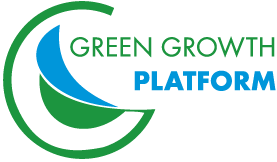Project Information
V4 and WB cooperation in soil management in the regions where water scarcity is an issue, is of a great importance given the fact that V4 countries have significant progress in the relevant project area. This experience and knowledge of V4 countries presents a valuable asset for the WB countries to achieve faster and more efficient mitigation to climate change. Efficient mitigation to climate change has significant impact on the farm economy in the WB countries. By implementing good practices for soil management in relevant agricultural sub-sectors will contribute for harmonization of the agricultural sectors between the two groups of countries that will have an impact on general economic harmonization in the regions.
Target Groups/Stakeholders
» Individual farmers
» Chief agronomists in corporate farms
» Policy makers
» Center for Vocational Educational Training in Agriculture (Facilitators)
» Experts in the relevant project area
Objectives
» Onsite transfer of knowledge from existing V4 practices for soil moisture management and climate changes mitigation.
» Developing “field labs” to test and implement V4 tools and techniques for soil moisture management and climate changes in Macedonia and Serbia.
» Creating a guidance/handbook for soil moisture content management in V4 and WB.
Solution
This project will serve as a process for encouraging farmers to cope with the climate change and better adoption and implementation of the EU soil management regulations. Proper agronomic practices, such as contour farming, zero-tillage, mulching and providing vegetative barriers on the contour help to prevent soil erosion and increase soil moisture. Knowledge and skills on soil moisture management can help farmers in mitigating the impacts of drought by conserving soil moisture, optimize the agricultural production thus guarantee stable income for the
farmers. V4 experience in soil moisture monitoring in Slovakia and Hungary since 2001 (and some V4 practices) will serve as a basis for transferring knowledge and sharing existing practices in Macedonia and Serbia.
